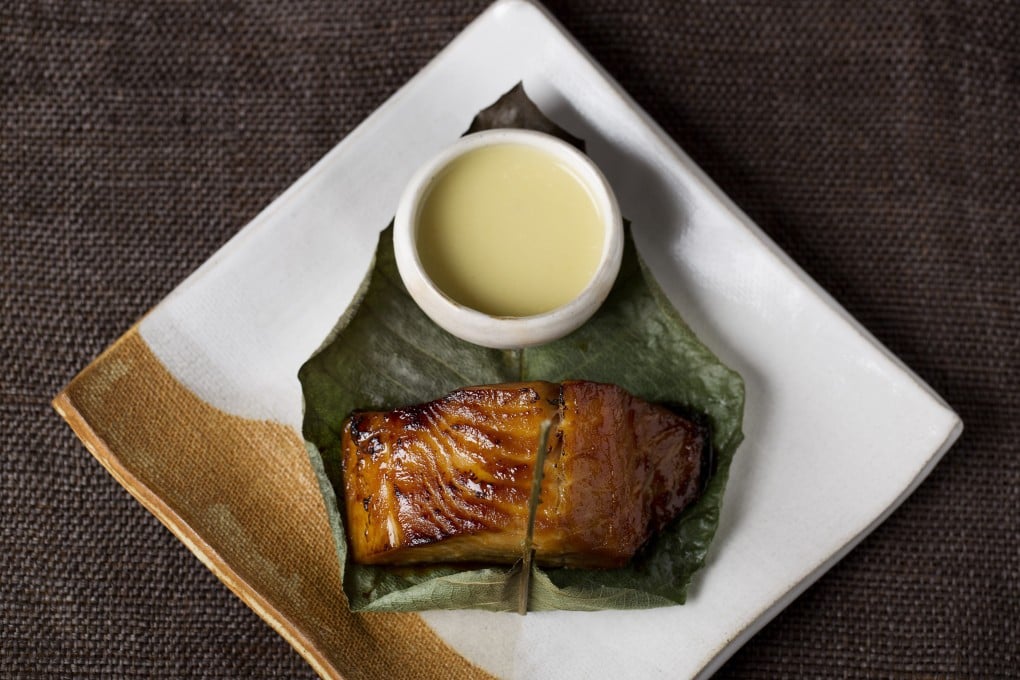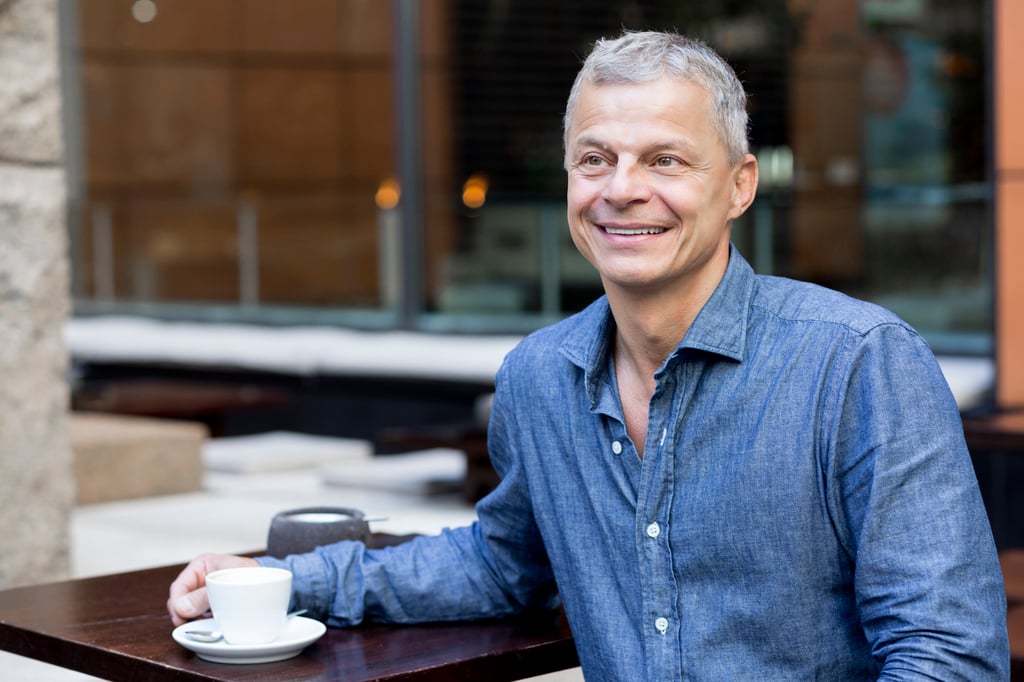Zuma after 20 years: modern Japanese restaurant’s co-founder and chef Rainer Becker celebrates a legacy of success
- Zuma was founded in London in 2002 by German chef Rainer Becker and restaurateur Arjun Waney, and they have since opened others around the world
- Hong Kong Zuma opened in 2007 and, to celebrate its 15th anniversary, has launched a special tasting menu

Chef Rainer Becker knew his restaurant concept for Zuma was going to be good, but for it to be sustained successfully for 20 years was beyond his wildest dreams.
Established in London in 2002, Zuma now operates in 20 locations around the world, having opened its second restaurant in Hong Kong – which celebrates 15 years this year – along with others in places such as Bangkok, Istanbul, New York, Madrid, and Abu Dhabi.
“It went very fast … It seems like not yesterday but the day before yesterday,” Becker, 61, says of the two decades.
The seed for Zuma came from Japan, where he lived for seven-and-a-half years in Tokyo. “I fell in love with the food, culture, and architecture. I visited many Japanese restaurants and a couple of them inspired me to [create] the concept of Zuma,” he says.

But while Zuma was inspired by the food-driven izakayas (Japanese bars) he visited, Becker clarifies that he was also influenced by inakaya, where chefs kneel behind a small robata grill and guests can point to ingredients they want cooked.